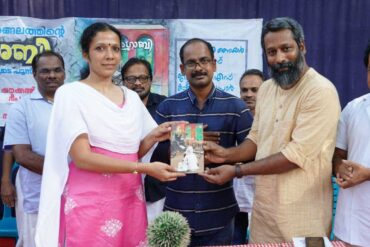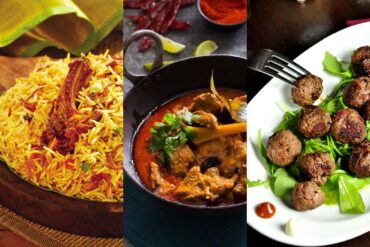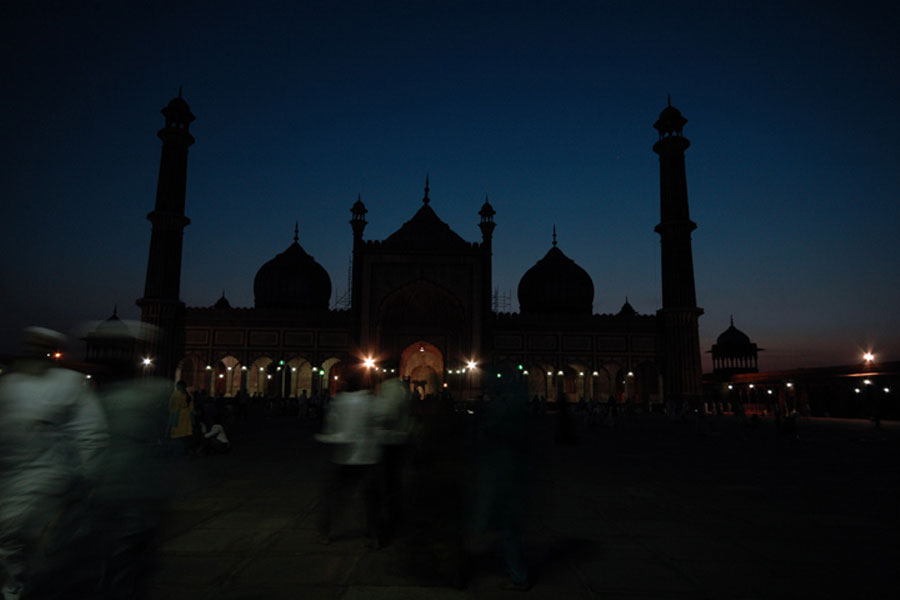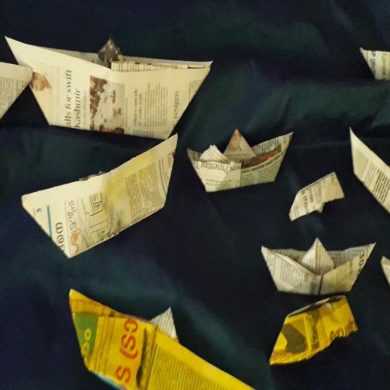The month of Ramzan, as an annual prospect, signifies as a month of practicing restraint, modesty and patience. For those of us living with ailing grandparents, it’s also a poignant interlude of strife and service.
Growing up, Ramzan in my household was marked with a flurry of excitement. There were new mealtimes to prepare for and an updated menu to accommodate food preferences. The older members preferred the stable pakodi-chana fare and my sister and I wanted “something fancy” every other day.
The anticipation of difficulties that a household could face during Ramzan is an essential life skill and my Dadi (paternal grandmother) was quite literally the old hand in this game. For every whiny grumbling that my sister and I had the audacity to make, Dadi had a heroic story of how she braved Ramzan in her day. The stories almost always featured the oppressive summer heat, long journeys made on foot and examinations she always aced! The “Barakat of Ramzan”, as she called it, infused her with powers extraordinary to brave it all.
As we grow older, grandparents battle with old age. It starts with spiked diabetic risks, which prevents them from fasting to downright constant care and attention as the years advance. With the long fasting hours of Ramzan and the physically draining tarawih prayers, giving time to the elders of the family becomes a challenge. For me, the ultimate test of Ramzan was taking care of my bedridden Dadi.
As a person who could not recover from stroke, Dadi was reduced to a ghost of her former self in a matter of hours when the stroke debilitated her. Her left side was affected, which meant she couldn’t speak, couldn’t sit up and was helpless in her condition. I could never have imagined Ramzan without Dadi’s spoiling indulgence and the sound of her recitation of the Quran in the early hours of the morning.
But here I was, nineteen years old, trying to take care of my grandmother whose disease I could not fully understand at that point of time. I stepped up so that my parents could figure out the situation and get support from me.
But I found myself pushed into maintaining two schedules: one for Ramzan and one to feed Dadi and oversee the hired caregivers’ work. This meant sleep deprivation, long hours of supervision, giving up social activities with my friends and passed up opportunities of internships. My life was not my own, my time was not my own. I had the respect of my family and for a while, it was enough. But soon, frustration set in.
Full-time care of a stroke patient is demanding, to put it simply. To do it for a loved one, is a huge tax on the spirit of the care-giver. There are bed-sores to prevent, infections to be avoided, catheters to clean, urine bags to be emptied, soiled diapers to dispose, sponging to perform, hand-fed meals to be prepared as per the nutritional requirements of the patient, medication to be monitored and monthly check-ups to organise complete with wailing ambulances, beeping oxygen-concentrators and the like.
The ignominy of the situation is that none of this guarantees the well-being of the patient. One could do all of this and more and still undergo the agony of the patient contracting pneumonia because she choked on water once.
As my grandmother’s disease progressed over time, trips to the hospital became more frequent, and they then graduated into trips to the Intensive Care Unit (ICU). To set aside personal goals and dreams, to brave through this prolonged illness even as a family is spiritually draining. Some days, with the best of management in place, it was slightly easier to put all this behind and focus on the work at hand. Some days, despite doing everything possible, situations cavorted out of hand with Dadi being the worst sufferer. So when Ramzan does not let up any of its demands and obligations, where does one look for help, strength and motivation?
The miracle of Ramzan is not just forbearance in the face of tragedy. It is a spiritual boot camp which brings us closer to understanding what the religion expects out of us. It is to find purpose in the chaos of life and to figure out where destiny lies and how to achieve it. This is especially crucial, because for Muslims, who believe in the Day of Resurrection, it directs us to rise above the routine, even petty, issues, and helps us to avoid regrets in the long run.
Ramzan reinforced and helped me to internalise that we as humans have very little control in the goings-on of life and that despite my best efforts, the will of the Almighty will prevail and that may not always be how I want it to be.
To conclude, the month of Ramzan comes with its piety and exclusiveness that compels a higher standard of behaviour from us. It enforces a consciousness of having a moral compass and its direct effect is on the life choices we make. There is a well-defined end of this spiritual period which in turn imposes the essence of saving time and to not squander it away aimlessly.
The time I spent with my grandmother in her sickness was one of the most emotionally draining experiences of my life. The trauma of pushing food down the Ryle’s Tube of the person who fed me when I was a frolicking child and to forcefully exercise the hands that fed me chocolates behind my mother’s back has been a humbling exercise for my soul. But the legacy of Ramzan that year and the Ramzans ever since, has helped me understand, and prepared me better for the trials and tribulations of old age.







